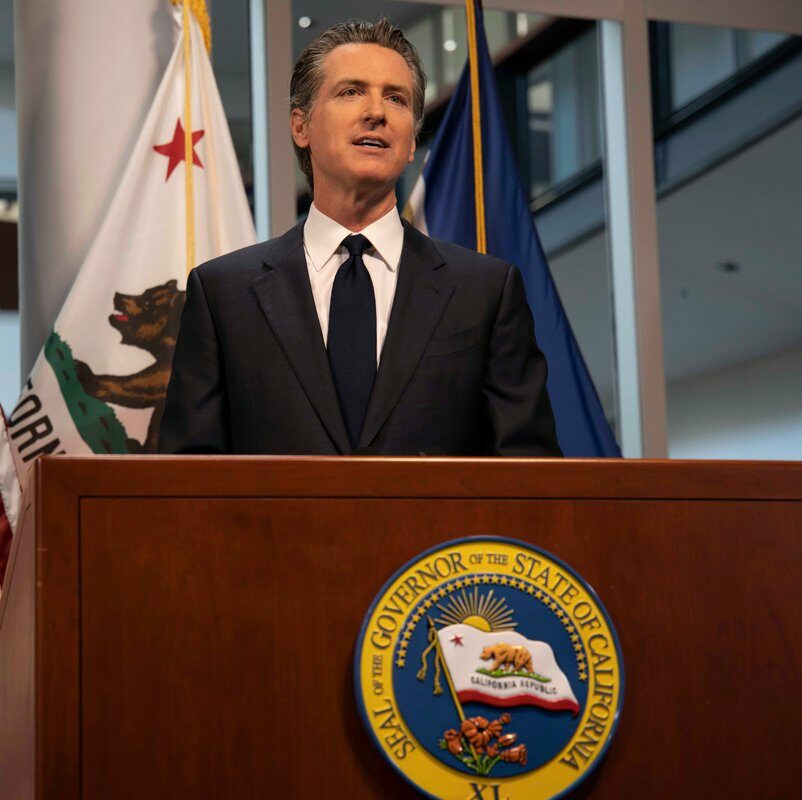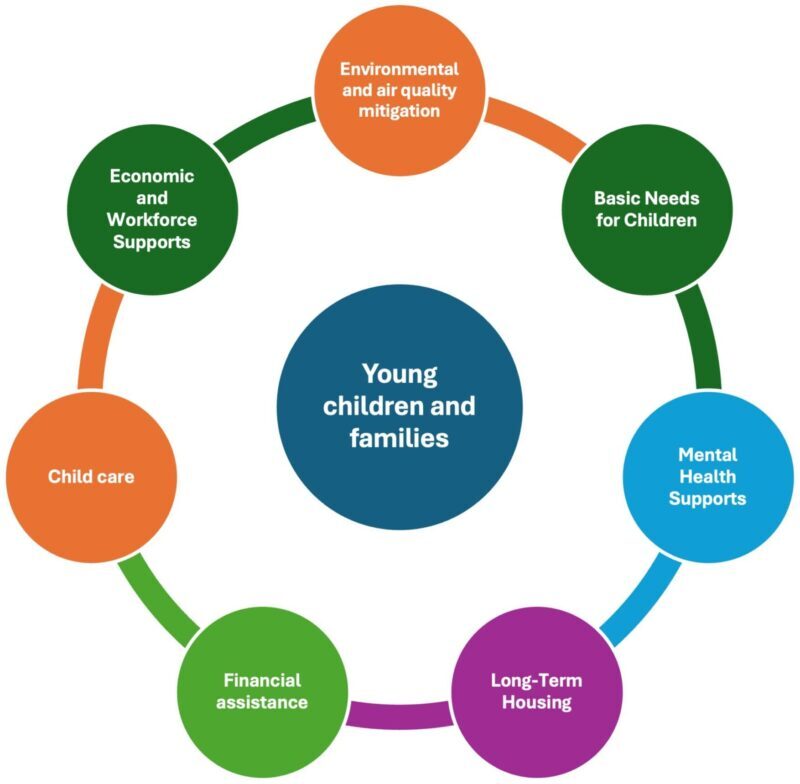March 27,2025
Jan Fish, Ed.D., has been in the field of Early Childhood Education (ECE) since the late 1960s. Inspired by Head Start’s emphasis on child, family, and community engagement—as well as cross-cultural and dual language learning—Jan became bilingual in Spanish and spent 11 years working in center-based ECE programs as a teacher assistant, teacher, and director. She later joined California State University, Northridge (CSUN) full-time as Coordinator of the Interdisciplinary BA Major in Child Development, and eventually became the Coordinator of the CSUN ECE Master’s Program. Dr. Fish earned her doctorate in Early Childhood and Developmental Studies at UCLA. Her research and advocacy interests include collaborative consultation in early childhood program growth; child development; family, individual, cultural, and linguistic assets; and systems change in ECE. She has held three Fulbright Fellowships for research and teaching in Uruguay and Spain, and has taught and lectured in Spanish in Mexico, Chile, and Argentina.
As a CSUN Professor Emerita and continuing adjunct professor in the CSUN Early Childhood Educational Psychology (ECEP) MA Program, Jan teaches Partnerships for Excellence, a core graduate course that pairs ECE mentors with students to provide free consultation to directors and teachers in San Fernando Valley ECE center-based programs. Jan is also the founding Lead and current Co-Lead of Partnerships for Education, Articulation, and Coordination through Higher Education (PEACH), a statewide, cross-sector higher education collaborative formed in 2011 through First 5 LA’s ECE Workforce Consortium. Her commitment to advocacy for children and families is reflected in her PEACH leadership, her collaboration with ECE/CD faculty, and her involvement on the CAAEYC Public Policy Committee. Jan remains dedicated to advancing ECE-specific preparation for educators working with children ages 0–8 and their families.
What inspires you as a woman educator, mentor and leader?
First, I am inspired and continually supported by the role models I have had of women in my family and women leaders in our ECE field locally, nationally, and internationally.
Second, I love making connections — to take the time for dialogue, researching, and working with colleagues to make meaningful connections to better understand individual child behavior and development, family and ECE center dynamics, and historical, political, and economic shifts, their implications for ECE policies and funding decisions, and the impact of these decisions on young children and families.
Third, I love listening and observing in order to gain new perspectives from a child, a family, an ECE colleague, or higher education student.
Fourth, I love taking meaningful action together at an ECE center level or at a public policy level to strengthen ECE services for young children, families, and communities and the professional preparation of the early childhood educators who support them.
Over your career of shaping future early educators, how do you inspire them to be the best educators they can be?
I start by listening and learning from their prior experiences in life and in ECE settings. Beginning to get acquainted is powerful. In their stories, they make their strengths visible and meaningful which creates a shared learning context. Building within that shared strengths-based context, exploring essential elements of ECE becomes both personal and group learning.
We explore a diverse variety of theoretical perspectives on child and adult development and what these might look like in daily practice in ECE programs with children and families.
The multiple characteristics of learning environments are reflected through ecological, ecocultural, ecolinguistic, and “ecotemporal” lenses take into consideration children’s, families’, and ECE colleagues’ ways of relating, ways (and languages with which) they learn, ways of being and the pace and cadence of being and interacting with the environment and others.
Strategies of working with children and families and ECE teachers, administrators, and other colleagues builds on our appreciation of the wealth of child and adult learning approaches possible! We can ponder, “What does this situation remind you of?”, “What factors are involved here?, or “What might work in this situation?,” to analyze and plan together with children, families and fellow staff and administrative members over time.
These learning interactions garner rich learning and often increase our interest in and capacity to advocate effectively for policies and funding that support a range of best practices, adequate compensation for early childhood educators, and more.
What traits do you believe are most essential for an early educator to have to inspire their young students?
For me, the most essential traits for us in early childhood education includes to:
- Be centered in your whole self, with your unique strengths, talents, and interests. Children know when we are not being “real” and they deserve our being centered and intentional, per se, as human beings supporting their growth and development. This is the foundation of your dispositions and intentionality as an early childhood educator.
- Be Present. Be present, moment by moment, in the ECE environments and events of the day in which you find yourself. This awareness can free you to respond appropriately to intervening factors you weren’t expecting.
- Be With. Early childhood education is a relationship-based profession, a relationship-based proposition. Your capacity to sustain “being with” an upset child, teacher colleague, parent, director, or community member may be called on every day. Supporting and sustaining communication and collaboration through simply being together and through the practice of listening, asking open-ended questions, and collaborating with children and adults in the ECE program resolves issues as they arise and is foundational to building community in the early childhood program. Building community enhances teacher, child, director, family member sense of belonging. When we listen and collaborate, we are a lot more likely to learn about (and acknowledge and engage) individual child and family cultural and linguistic strengths that carry meaning-making, joy, and motivation to young children’s learning by assuring belongingness, recognition, inclusion.
- Be Curious. At the core of ECE lifelong adult learning is our curiosity. This suggests how important our observations, reflections, research, and asking questions are in order to understand and respond to a child’s behavior, a staff member or a family member’s frustration. That curiosity sustains us as we develop professionally and enter roles as ECE advocates, higher education faculty, ECE agency leaders, and more. Whether it’s testimony at a state legislative hearing or homing in on the topic for an ECE MA thesis, our curiosity and the day-by-day learning we have as early childhood educators is essential to informing good research, good practice, and good policy.
You have a unique role in influencing future generations. If you could name one quality you’d like for young children in an early education setting to leave with, what would it be and why?
I couldn’t narrow it to one! I would like young children to leave with a sense of personal competence and a continuing curiosity and wonder about the world, spurred by the assurance that they have wonderful ideas and can try them out. I want them also to have had a strong experience of community in their ECE program (director, teachers, families, other children, connections to the community) so that they leave with the disposition of “Let’s!” – to continue to explore together, to brainstorm together, to experiment, learn, and reflect with each other. I want children to both come and leave an ECE program with pride in oneself, family cultures and languages, and community. These elements can sustain an individual child’s ability to persist through difficult challenges to achieve meaningful goals in life.








